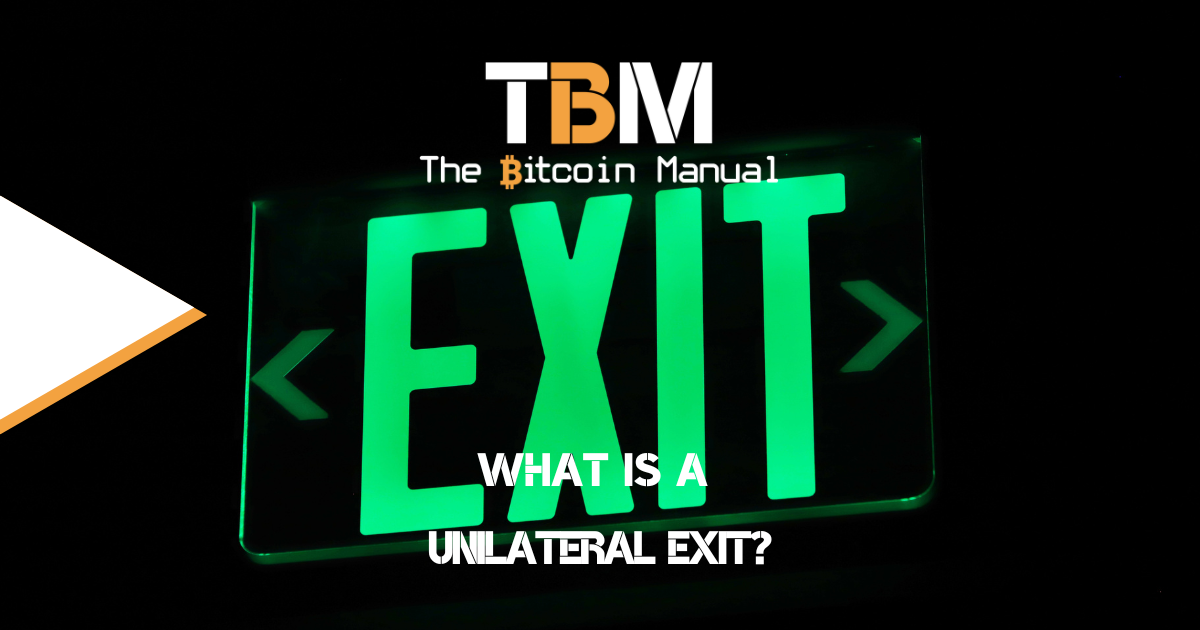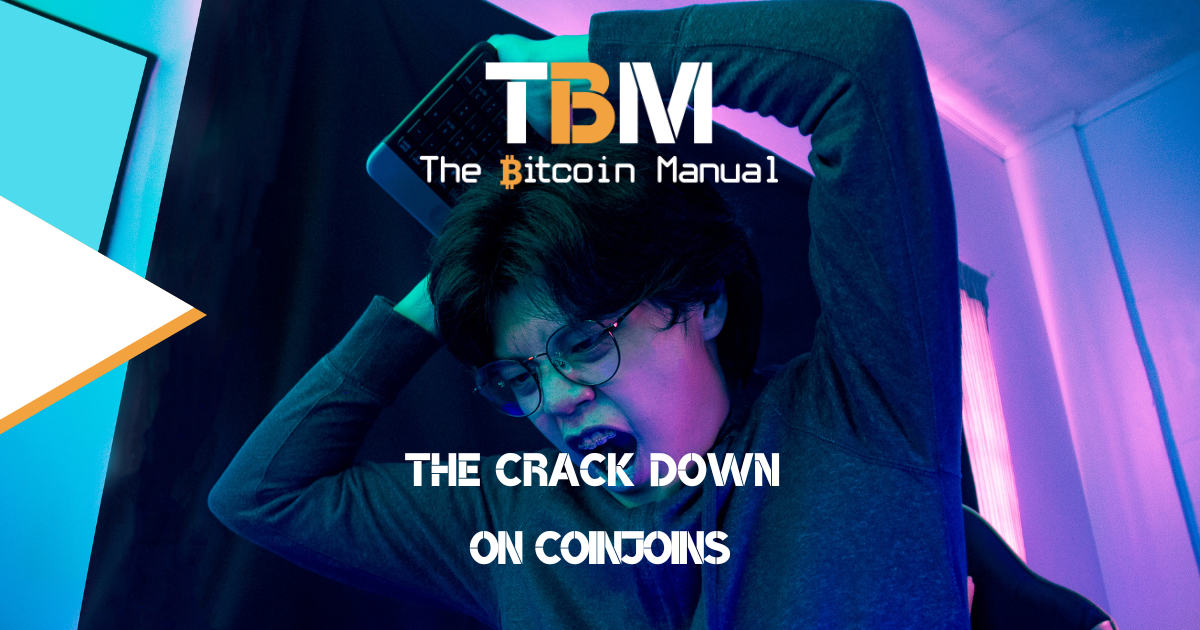Becoming your own bank sounds like a novel idea and, in practice, will fundamentally change you. The idea of holding your funds, taking full personal responsibility for securing them, transferring them and maintaining the privacy of your wealth is a seismic shift from what we’ve all been used to in a fiat system. Under a fiat system, you take on third party risk in several forms.
- You accept risk through the custody provider you’re using, namely your bank.
- You take on third party risk by the currency you hold, namely your government.
- You take on third party risk through the technology and security service providers these other third parties use to protect your data and secure your funds.
- You take on third party risk through the insurance provider that under rights the funds stored in your bank.
When you switch over to bitcoin, you remove all that third party risk, and you assume all the liabilities they cover, and it’s now all on you to manage your funds effectively. As a bitcoiner, you can and will make several mistakes; you will dox your funds, you will leave trails to your identity, you will have improper security measures. Sometimes you will get burned, and through it, you will learn.
As your wealth grows, it creates a larger incentive for others to want to take it from you. This could be those close to you, such as friends and family. It could be hackers and thieves or larger threats like governments and financial institutions.
The class of seizure threat can never be understated when you hold the worlds most pristine collateral. While other financial assets become impaired due to their third party and credit risk, your bearer asset becomes a more attractive asset to hold.
As bitcoiner wealth becomes a more important part of the world economy, it behoves you to cover your tracks and keep your wealth a secret takes on even more importance.
The importance of financial privacy
Financial privacy is not something many think of; it’s often seen as something that governments and institutions are focused on. These large institutions look at financial data as a method of control and tracking. They condone potential infringements of financial privacy under the guise of protection, to administer taxes, prevent and identify money laundering, develop credit profiles and, increasingly, for intelligence purposes.
While the law states innocent until proven guilty, financial data collection is conducted under the assumption guilty until proven innocent.
Creating a financial trail
Everyone has the right to property, to earn property and to hold property, but they also have the right to keep that property ownership a secret. In the fiat world, flaunting your financial muscle may be seen as the norm, but when wealth is temporary, it is often flaunted. When you’re building generational wealth, you tend to want to take care of it and keep it out of the public eye.
Bitcoin allows us to hold it, pass it down to others, to use it to transact, but it is not entirely anonymous. All transactions and balances are available for anyone to see, anyone, running a node or using a block explorer. While these transactions are open and transparent, your identity is not tied to it until you create a data entry point where an address can be attributed to you.
One way people tend to create a paper trail is through portfolio management tools.
What are portfolio management apps?
In a fiat world, we’re encouraged to own multiple assets, be they stocks, bonds, ETFs and managing to keep track of it can be painful. Portfolio management apps allow you to mimic your asset ownership in the app and track the performance from a dashboard. Portfolio management tools make sense in a fiat context since you never take ownership of those assets, so keeping them a secret is impossible.
As for bitcoin, that’s another ball game altogether, but since many see bitcoin as just another asset or asset class, they willfully add their information to these applications. In addition, those who are still sold on the idea of cryptocurrencies tend to have multiple digital assets, making it more attractive for them to dox their data into one app since all these assets are held in different wallets, chains or exchanges that have trading pairs.
The risk of portfolio management apps
In some cases, you may sign up to these apps connecting your data with an email address or an identity. That email address could be connected to KYC data on exchanges or other financial institutions. In other cases, these apps may offer API connections with exchanges so you can pass your data on to the app.
The app can then attribute the data from exchanges with manual data from your other holdings to build a robust data set of all your assets. Some of these portfolio management apps are also owned by large exchanges and can therefore overly the data and holdings in the portfolio apps with the data on their exchange.
When you use these free or paid apps, you create a data footprint on a centralised server that can be purchased by other financial institutions or subpoenaed by governments.
Keeping your stash a secret
Holding bitcoin means you accept the many threats to your wealth and vampires looking to take a bite of your stored purchasing power. You need to not only take great care of your bitcoin security but also your bitcoin privacy.
To maintain privacy means to give up certain conveniences and to consider everything you do before you create data or move your bitcoin. If you are going to keep a record of your bitcoin, it’s best to do it on an offline method or on a device you control and not pass your data on to third parties like cloud documents.




